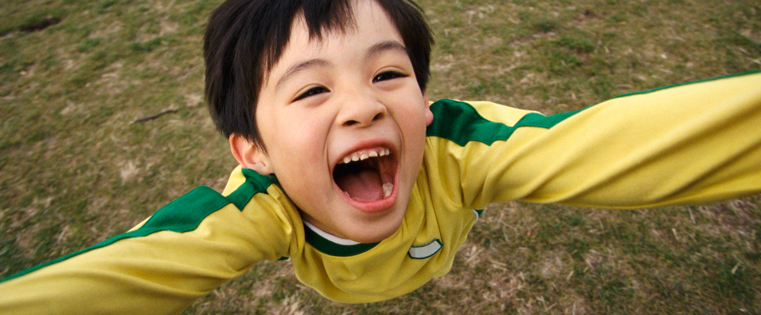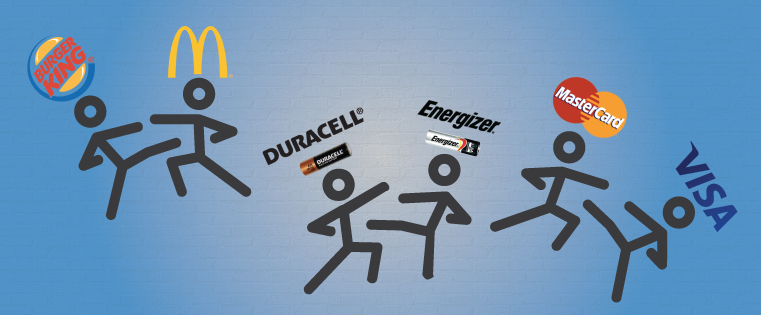 An emerging branch of economy aims to portray the human factor not just as a theoretical construct of the “economic agent,” but to take it closer to the realities of human psychology. Behavioral economics claims that people are irrational in their economic decisions and that the key for interpreting people’s behaviors lays in understanding the non-rational levers that outline the current economic situation.
An emerging branch of economy aims to portray the human factor not just as a theoretical construct of the “economic agent,” but to take it closer to the realities of human psychology. Behavioral economics claims that people are irrational in their economic decisions and that the key for interpreting people’s behaviors lays in understanding the non-rational levers that outline the current economic situation.

The main principles of the classical economic theory were drawn from Adam Smith’s “Economic Man” concept, according to which people act based on rational economic judgments. Later theories and the recent capitalism experience have shown that Homo economicus only exists as a theoretical construct. In real life, most of the economic decisions are rather instinctual, emotional and, to a great extent, subconscious. Dan Ariely, one of the most popular behavioral economics authors, claims in his renowned book“Predictably Irrational” that although people are able to perform rational judgments, they don’t apply them in their economic behavior, thus acting chaotic, impulsive and even stupid. Moreover, what they call “economic judgment” is no more than a randomly taken decisions system that doesn’t assess risks and is not aware of being easily manipulated.
In its quest to integrate the latest psychological findings into building a more flexible and realistic explanation of the human economic behavior, behavioral economics takes into account all the fluctuations of human rationality, be them the result of emotions, peer pressure, manipulative techniques or simply people’s lack of information and inability to assess risks. People have thought, for example, that prices in the real estate sector would grow indefinitely, in spite of the economists’ continuous warnings about the increasingly fragile bubble on which the market was built. In 2006, when he predicted the events that were going to lead to the market crash, Nouriel Roubini was ridiculed and nicknamed “Dr. Doom.” Furthermore, while deep in an economic crisis, after all the warnings have become reality, the system still refused to act in a self-regulatory manner, thus diving deeper into the mistakes that have buried it. The individuals’ micro decisions are just the tip of the iceberg, because the real irrational decisions are taken at a macro level.
In his most popular book, “Crisis Economics” written with economist Stephen Mihm, Roubini claims that one of the most aberrant economic beliefs that has irrationally grown roots in the global consciousness is that the recent crisis is an unforeseeable event that just struck us like lightning. Contrary to popular belief, economic crises have been around since the emergence of capitalism in the 17th century. They maintain the same patterns as in the beginning, but in spite of that, the system hasn’t been able to take measures in order to avoid them. They come and go, displaying small variations on the characters gallery, the order of the acts, the staging and even the lines, most of them being remarkably constant from one crisis to the other.
Irving Fisher and Herbert Simon, the first economists to constantly talk about irrationality, hadn’t been taken seriously until the beginning of the ’60s, when research in the neuroscience field showed that the human brain is not just an information processor, but also a keen respondent to surrounding stimuli. We make sense of the things around us in relation to others, and we don’t have autonomous thinking. We exhibit Pavlovian responses to stimuli such as “free” or “zero”; we find it difficult to make rational decisions when faced with situations that require observing both social and economic customs (like favors or friendly requests); sexual arousal has a deviant impact upon rational thought, and, last but not least; people don’t really know what they want until they see it in a context that resonates with them. Furthermore, our brain is wired to find swift, short-term solutions, while long-term judgments don’t really come out that good.
Behavioral economics brings solutions to a wide array of problems that appear as a consequence of the irrational decision-making process — from obesity and addiction, to the struggle of strictly following a medical prescription or even to global warming. But applying those solutions requires a radical, reverse change in the system. For example, a menu at McDonalds includes several sodas of choice. The company could take advantage of the buyers’ compulsive buying behaviors and introduce a new drink called “Fresh” as an alternative choice. The teller should then ask: “What do you want to drink — Fresh, Coke or…?” instead of naming Coke as the first choice. Starbucks, on the other hand, runs a “green” promotion that offers customers 10 cents if they bring their own mugs. According to Marc Gunther, if the company had been familiar with behavioral economics, it would have realized that it would be more efficient to sell the coffee for $1.50 and charge those that don’t bring their travel mugs 10 cents, than to offer a 10 cent discount to those who bring their mugs and sell the coffee for $1.60.









